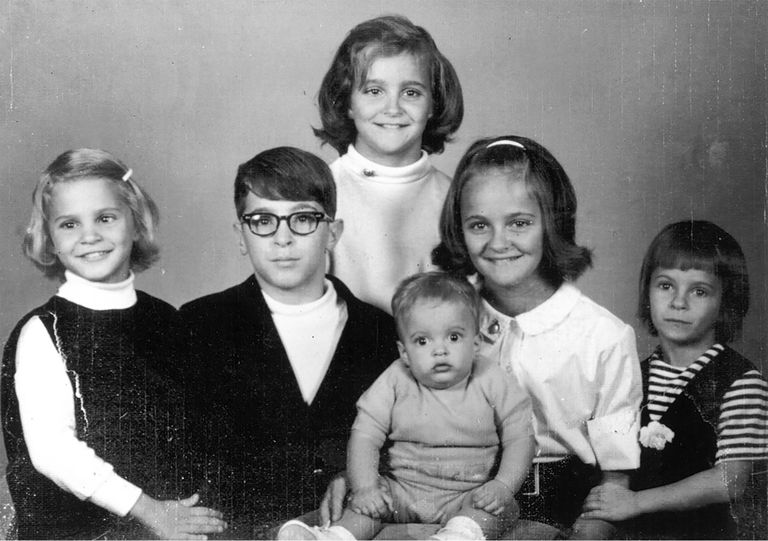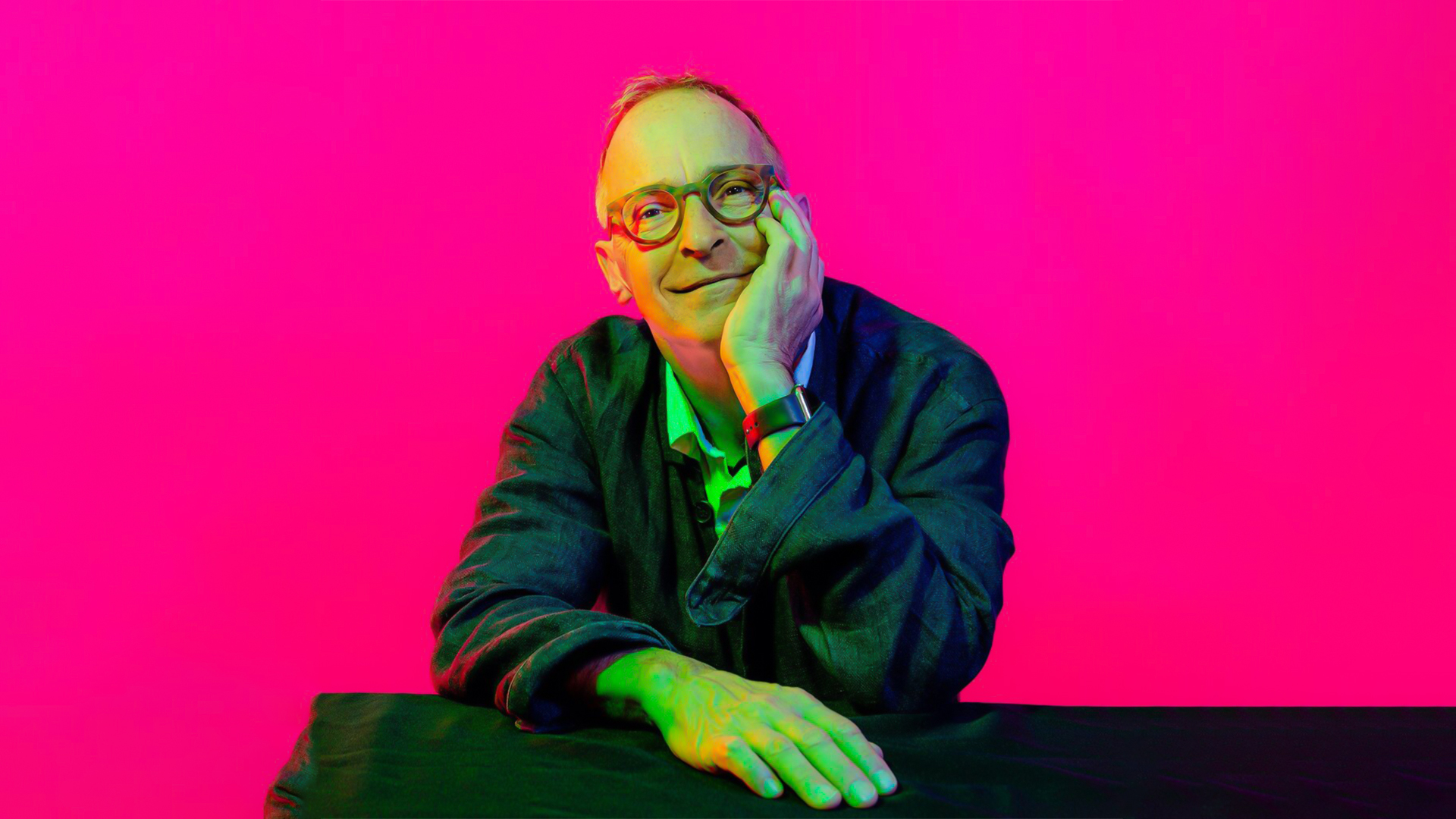Greek-American comedian and radio contributor, David Sedaris, is once more putting on his author cap as he launches his new collection of personal essays: Happy-Go-Lucky.
In Happy-Go-Lucky, David characteristically captures what is most unexpected, hilarious, and poignant about life – however this time through a relatable lens: pandemic living.
Recounting stories from being a maskless wanderer to readjusting to life in lockdown – David expresses a desire for connection, a desire he says drives us all.
Through the essays, David finds that as the world gradually settles into a new reality, he too finds himself changed – venturing into the new world with confidence.
Newly orphaned, he considers what it means, in his seventh decade, no longer to be someone’s son. And back on the road, he discovers a battle-scarred America: people weary, storefronts empty or festooned with Help Wanted signs, walls painted with graffiti reflecting the contradictory messages of our time: Eat the Rich. Trump 2024. Black Lives Matter.
Sedaris’ father, Lou died last year aged 98 and in a devastatingly candid essay called ‘Lady Marmalade,’ David lays bare some troubling details about his family’s early life in Raleigh, North Carolina.
According to Ben Dowell of The Times, “In Sedaris’s world, humour and dark familial secrets rub together fearlessly.”
Speaking with The Times about his troubled relationship with his father, David said: “I don’t think I loved him. I think there was a period in my life when my father would have died and I would have cried about it. When my mother died (Sharon died of cancer in 1991), it was one of those situations where you wake up every morning and you think, ‘How do I get through today?’”.
“My father died, and we were at a restaurant. By the time the check came, we were talking about other things. So I haven’t really given it 10 minutes’ worth of thought since then,” he said.

Seamlessly transitioning from family stories to painting unpoetic portraits of the world, David’s essays also cover the events of 2020.
In an essay titled ‘Fresh-Caught Haddock’, David draws attention to the “phoniness” of white people during the 2020 George Floyd protests, calling it not only tokenistic but evidence of wider “race disorder” that is fused with outrage culture.
“There’s a college in the United States that put out a list of words and terms they don’t want people to use anymore. You can’t say, ‘Oh, you’re really killing it this semester’ because it’s gonna offend people who were exposed to violence … How is that right?”.
When asked how he felt about extreme leftism or rightism, he said: “I don’t want to be around those people on either extreme.”
“It’s their certainty that bothers me. It’s their lack of curiosity that bothers me. It’s their seriousness that bothers me,” he told The Times.

